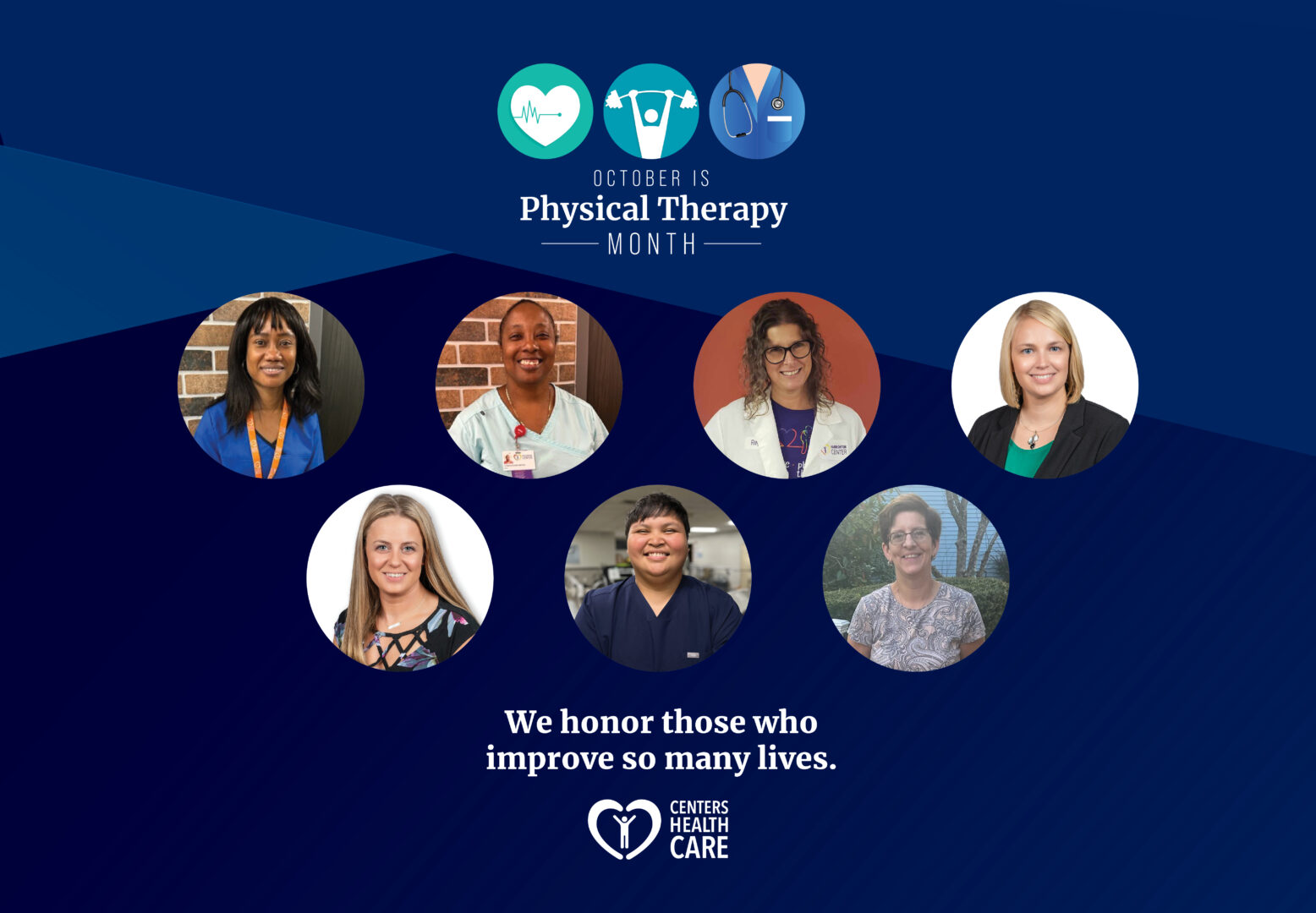Senior Driving Safety Tips

Many seniors stay behind the wheel as long as they can in order for them to remain independent. But it’s important that they do so safely, especially as things like sight, hearing, and reflexes get worse as we age.
In good news, the number of people age 70 and older who died in car crashes has dropped by 18 percent over the last 20 years. That number has decreased despite the overall number of drivers in that age bracket increasing.
Part of that can be attributed to safer cars, including the introduction of side airbags.
Seniors are also becoming more aware of warning signs and ways that they can prolong their driving life.
Here are some warning signs to consider:
- Having trouble reading street signs or seeing markings on the road.
- Being anxious and stressed about driving.
- Having friends or family members expressing concern about your driving.
- Certain physical difficulties, such as turning around and looking over your shoulder when changing lanes.
- Taking medication that causes drowsiness or impedes reaction time.
If you’re having one or more of these issues, it doesn’t mean your time behind the wheel is over. You should, however, take measures to ensure the safety of you and others behind the wheel. Centers Health Care has a look at three.
- Review Medications
Tell your doctor about any issues you might be having, and he may be able to try different medications that won’t have side effects like drowsiness. If that can’t be avoided, he may advise that you don’t drive at certain times – night, in adverse weather conditions, etc.
- Find a Consultant or Take a Course
A driver rehabilitation specialist can test your abilities and offer suggestions as to how you might be able to continue to safely drive a vehicle. Many agencies – including AAA and the AARP – offer senior driving courses that can end up giving you a discount on your car insurance.
- Upgrade Your Car
Features like back-up cameras, collision detection, and blind spot/lane-departure warning systems have been shown to reduce crashes among all age groups.


